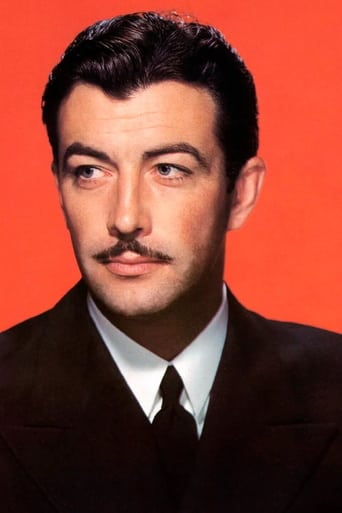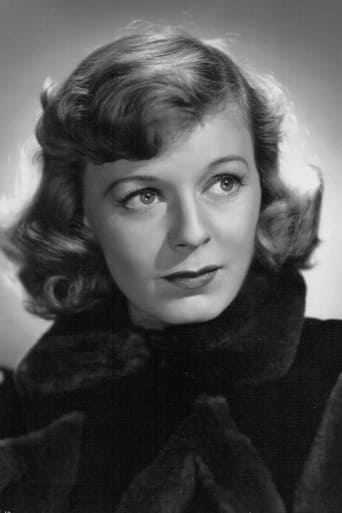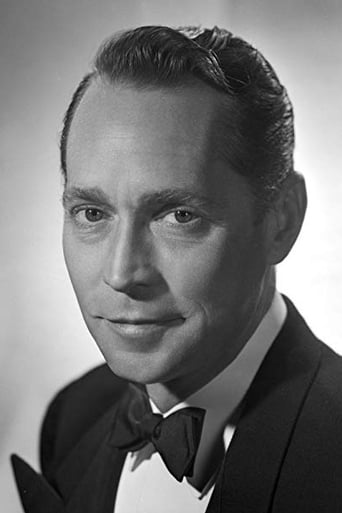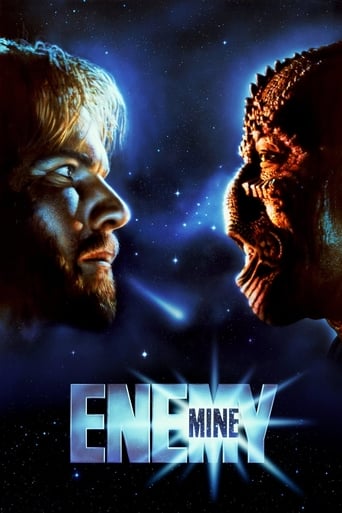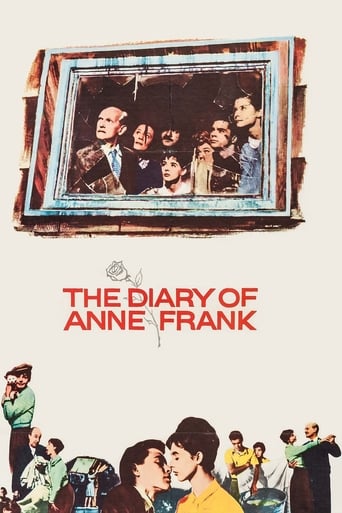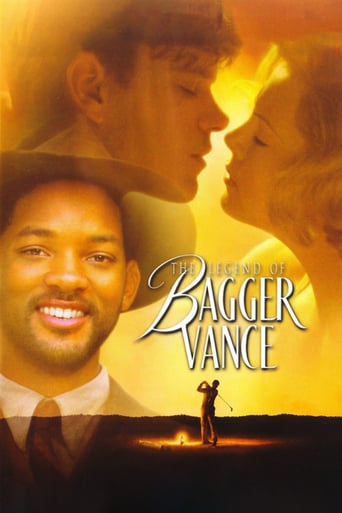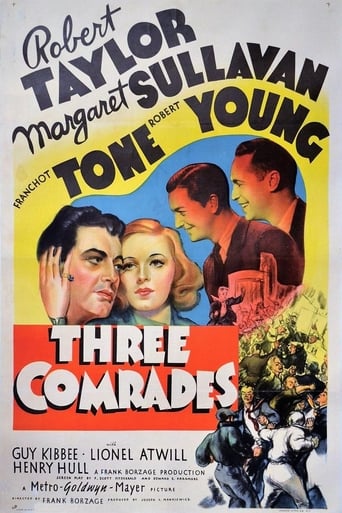
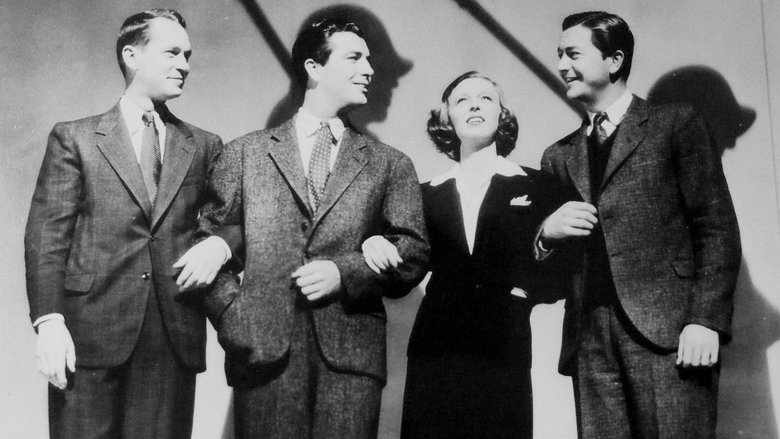
Three Comrades (1938)
A love story centered on the lives of three young German soldiers in the years following World War I. Their close friendship is strengthened by their shared love for the same woman who is dying of tuberculosis.
Watch Trailer
Cast
Similar titles
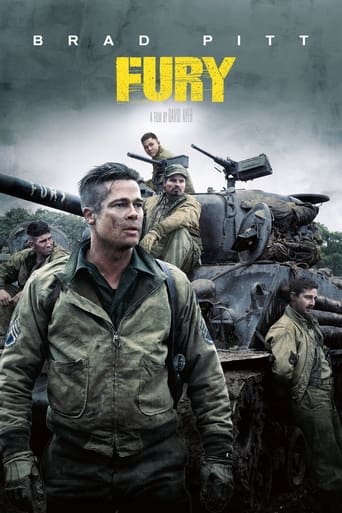
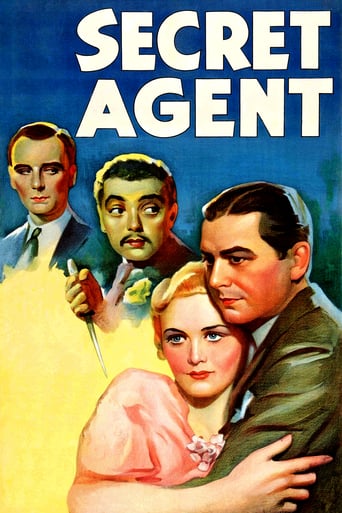
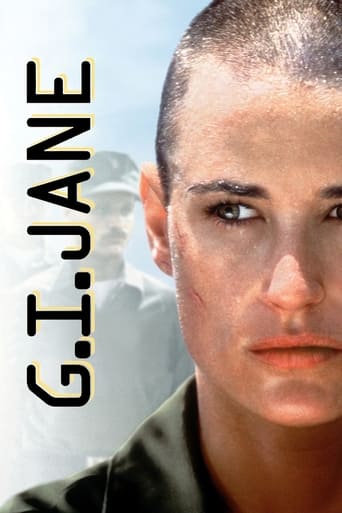
Reviews
Highly Overrated But Still Good
For all the hype it got I was expecting a lot more!
I like movies that are aware of what they are selling... without [any] greater aspirations than to make people laugh and that's it.
It’s not bad or unwatchable but despite the amplitude of the spectacle, the end result is underwhelming.
This MGM movie, based on a novel by Erich Maria Remarque, is the story of three German army buddies, tracing there comradeship from WWI into the years between the world wars. After the Great War, three army buddies--Erich Lohkamp (Robert Taylor), Otto Koster (Franchot Tone) and Gottfried Lenz (Robert Young)--open an auto repair shop together. Although the story seems to center around the courtship and marriage of Erich Lohkampr and Oscar-nominee, Margaret Sullavan (Patricia Hollmann), it really demonstrates the closeness of all four friends; their individual hardships and struggles; and how much they all care for each other, as the harbingers of WWII start to show themselves in the streets of Germany between the wars. The movie was OK, I can't say that it was great. In fact, the movie didn't even approach the greatness of Erich Maria Remarque's book, All Quiet on the Western Front and the movie based on that novel.
Robert Taylor, Franchot Tone, and Robert Young are "Three Comrades" in this 1938 film directed by Frank Borzage and starring Margaret Sullivan as the young woman who enters their lives.The setting is Germany after World War I, and the three friends return from battle and open a mechanic's shop. When they meet the ethereal Pat (Sullivan), they all embrace her as a friend, but it's she and Erich (Taylor) who fall in love. Only Otto (Tone) knows that she has tuberculosis; he encourages her to marry Erich and be happy. On their honeymoon, she collapses, and Erich learns the truth.This film represents F. Scott Fitzgerald's only writing credit in Hollywood, though he worked on other films, including "Marie Antoinette," "Red Headed Woman," "The Women," and others, uncredited in all. In "Tender Comrades" you can often hear his gentle prose.The original script was much more political, but MGM, careful of its foreign market, excised all of that out. There is unrest in Germany post-World War I, but it's vague unrest; Gottfried (Young) has involvement in a political group that's against the current government, but we don't get too much info about it.I don't know if it's because the film is set in Germany, a fairly depressing place until the '50s, or because we know that, though the Germans have been through a lot, they ain't seen nothing' yet, or Pat's discreet coughs, but this movie is depressing even when the characters are having a good time. It's almost as if they all play their roles as if they know the ending. I'm not giving spoilers here - it's obvious from the beginning of the film what's going to happen. No surprises.Despite this sense of foreboding, the film is very well done, if a bit slow by today's standards. Robert Taylor had better roles and developed into a better actor post-war, though he is a revelation in the film "Escape," but he is so handsome and sweet in this film. It's no wonder my mother was mad for him. Tone has the burden of some heavy monologues -- some of the dialogue is tough going -- but he is good nonetheless, as is Robert Young.Margaret Sullivan was a wonderful screen presence, pretty, with a low voice, and as a stage-trained actress, she was always excellent. Pat is really the only character that has any business being depressed throughout the film, and she comes off as a mystery woman at the beginning. It's obvious she has a secret and has seen bad times. She plays the role as if she's not really of this earth, and she's wonderful.Recommended, but don't see it if you haven't taken your antidepressants.
In the early sound era, one of the most respected directors in Hollywood was Frank Borzage: in fact, he won the very first Academy Award for Best Director (and would win a second one five years later). Yet his work is now virtually unknown. THREE COMRADES came during his tenure at MGM, where he would stay for the next five years (previously, he had been one of the star directors at Fox, and then worked at Columbia and Warner Brothers); it reunited him with Margaret Sullavan, with whom he had worked on LITTLE MAN WHAT NOW in 1934, and it would represent the only official screen credit for F. Scott Fitzgerald. There are moments (especially in the romance between the poor aristocrat Patricia and the young mechanic Erik) in which you can hear the lilt and romanticism of Fitzgerald's sensibility. THREE COMRADES was one of those movies that played a lot of television in late 1950s-early 1960s, and the moving story of three comrades (played by Robert Taylor, Robert Young and Franchot Tone) and the young woman who enters their lives (played by the great Sullavan, in her Academy Award-nominated performance) trying to find some solace and happiness in the rubble of Germany in the period immediately following the first World War is remarkably touching. Though often criticized for the (many) compromises that went into the making (this was a major studio production in 1938, beset with all the production code and commercial considerations of the era), there's still enough of Remarque's powerful story, Fitzgerald's elegant dialog, and Borzage's romanticism (as well as the superb performance by Margaret Sullavan) to make this one of the most memorable American movies of the 1930s.
"Three Comrades" is one of Frank Borzage's most poignant and memorable love stories. Based on the novel by Erich Maria Remarque on post-World War I Germany, it concerns three war veterans - Robert Taylor, Franchot Tone, and Robert Young - returning to Berlin on the brink of Nazism and poverty. They share the love of one woman played by Margaret Sullavan who provides them with hope and eternal transcendence. "Three Comrades" is less emotionally gripping than Borzage's other anti-Nazi films starring Sullavan - "Little Man What Now?"(1934) & "The Mortal Storm"(1940) - but it is imbued with a tender, soft-focus romantic aura and Borzage's characteristic signature, the redemptive powers of love. Like her role in Borzage's "Little Man", Sullavan is extraordinarily luminous and touching. Aside from Borzage's ethereal touch, I think she is the one that makes the film truly memorable and poignant. The final moment is particularly priceless.
